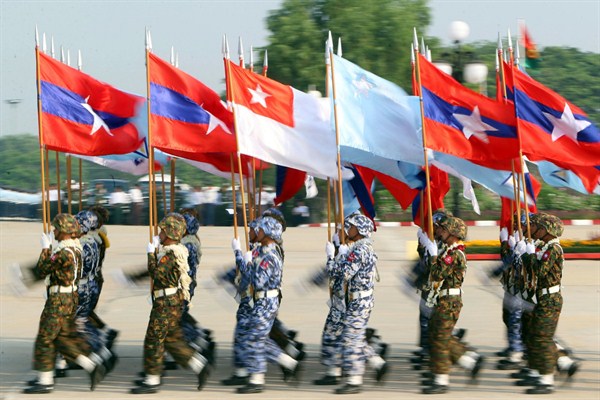Loading your audio article
When the history of Myanmar’s genocide against the Rohingya people is finally written, it may read a lot like the cases of Rwanda and Yugoslavia. The International Criminal Court could eventually prosecute a few of the military officers responsible for killing and torturing thousands of Rohingya, a predominantly Muslim ethnic minority long persecuted in Myanmar. Chances are, though, that justice will be lumbering and uneven. Like others before them, most of the perpetrators will likely evade prosecution altogether.
History could turn out differently, however, if calls are heeded from the United Nations independent fact-finding mission in Myanmar to sanction the global network of war profiteers who are financing the genocide.
In a major investigative report released this week, the U.N. documents the economic plundering that has fueled the military’s “clearance operations” in Myanmar’s Kachin, Shan and Rakhine states. The report lays out a stark case for cutting off flows of weapons, oil, gas, gems and money that funded the displacement and dispossession of upwards of 740,000 Rohingya in 2017 alone. It names dozens of national and international firms that regularly do business with two state-owned conglomerates controlled by Myanmar’s military, Myanmar Economic Holdings Limited and the Myanmar Economic Corporation. In addition to naming more than 120-plus subsidiaries linked to the military that are profiting from the pillage of areas once populated by Rohingya Muslims and other religious minorities, U.N. investigators specifically singled out Chinese, Israeli, Russian, Ukrainian and North Korean suppliers of weapons to Myanmar.

